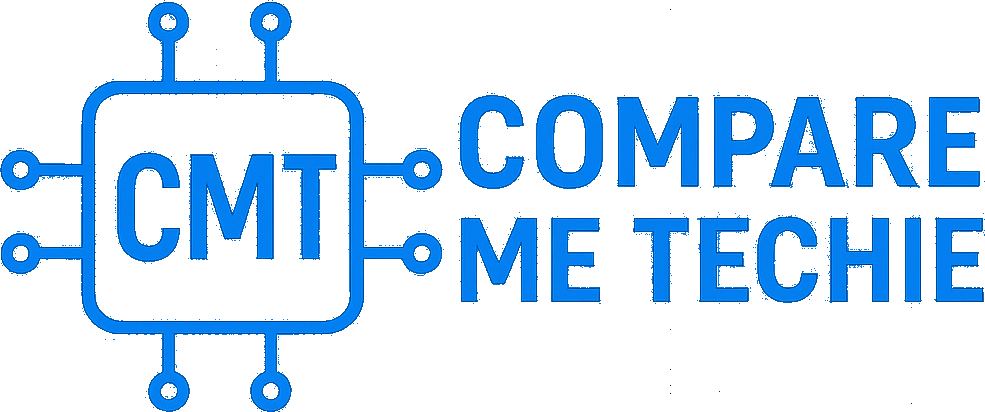MCP vs API: Model Context Protocol vs Traditional APIs 2025
Compare MCP (Model Context Protocol) vs traditional APIs for AI integration. Understand the differences, use cases, and benefits of each approach for modern AI applications.
Trusted by Thousands
Both platforms serve millions of users worldwide
Powerful Features
Advanced capabilities and integrations
Flexible Pricing
Plans to fit every budget and business size
Features Comparison
| Feature | MCP | Traditional API |
|---|---|---|
| Protocol Design | AI-first protocol with context awareness | General-purpose request-response pattern |
| Protocol Design | AI-first, context-aware, tool‑discovery via unified protocol | Stateless request–response, context passed manually |
| Context Sharing | Built-in context preservation and sharing | Stateless by design, context via parameters |
| Context Sharing | Built-in across sessions | Managed via parameters/cookies/sessions |
| Model Integration | Native AI model communication | Requires custom integration layer |
The Bottom Line
The Model Context Protocol (MCP) represents a new standard for AI-native integration, offering standardized, context-rich connectivity between AI agents and external data sources. It simplifies workflows by enabling models to dynamically discover and call tools. In contrast, traditional APIs offer stability, familiarity, and mature ecosystem support—making them ideal for conventional web services and legacy systems. Choose MCP when building agentic applications or AI-first systems needing scalable, dynamic integrations. Use traditional APIs for well-understood, stateless services where context isn’t model-centric.
Community Feedback
Current Ratings
Rate This Comparison
Ready to Choose Your Tool?
Start your free trial today and see which platform works best for your needs.
